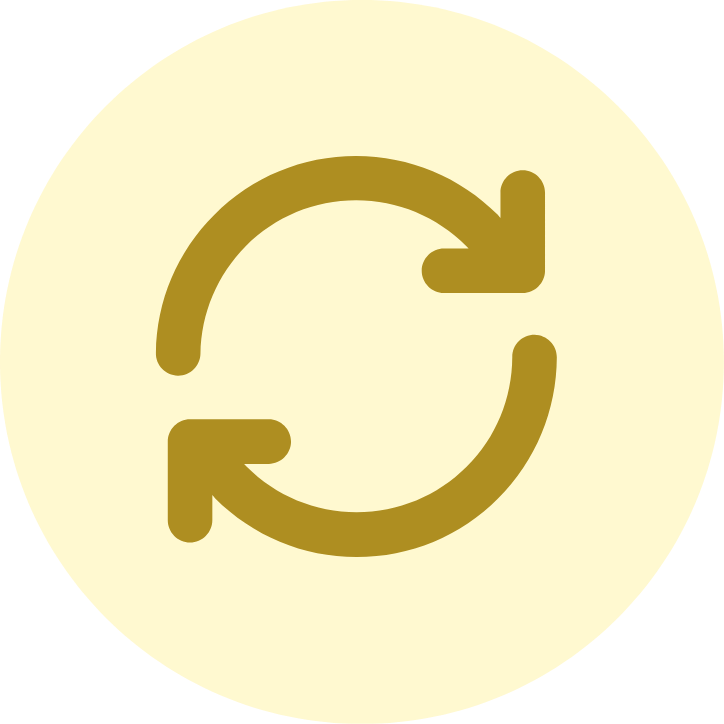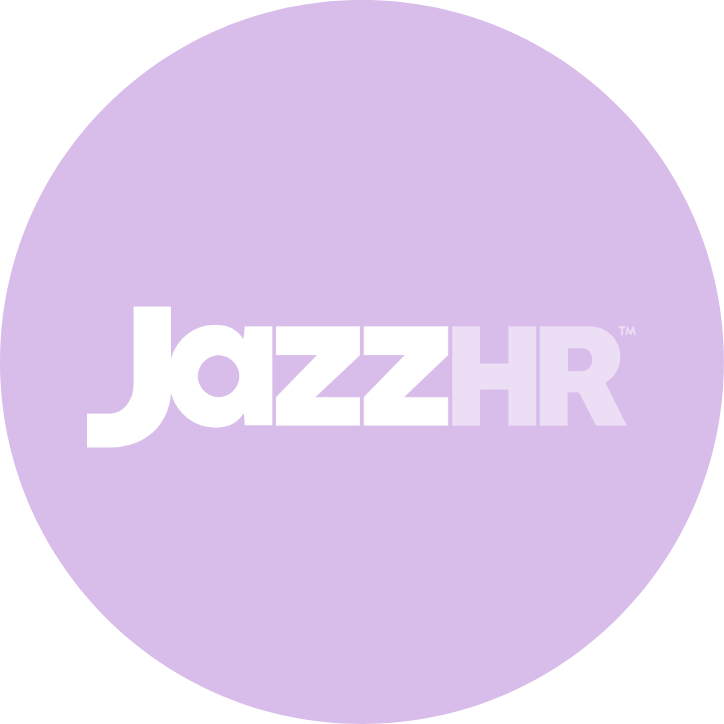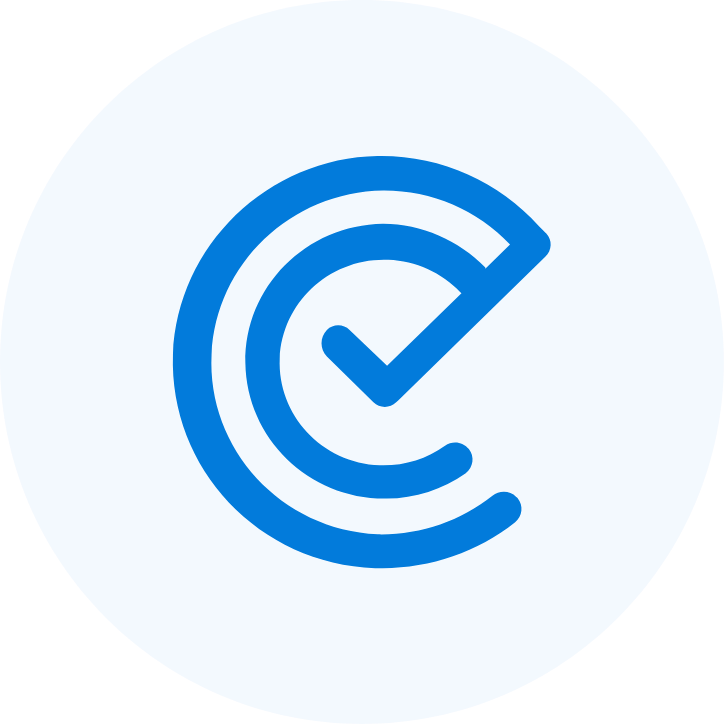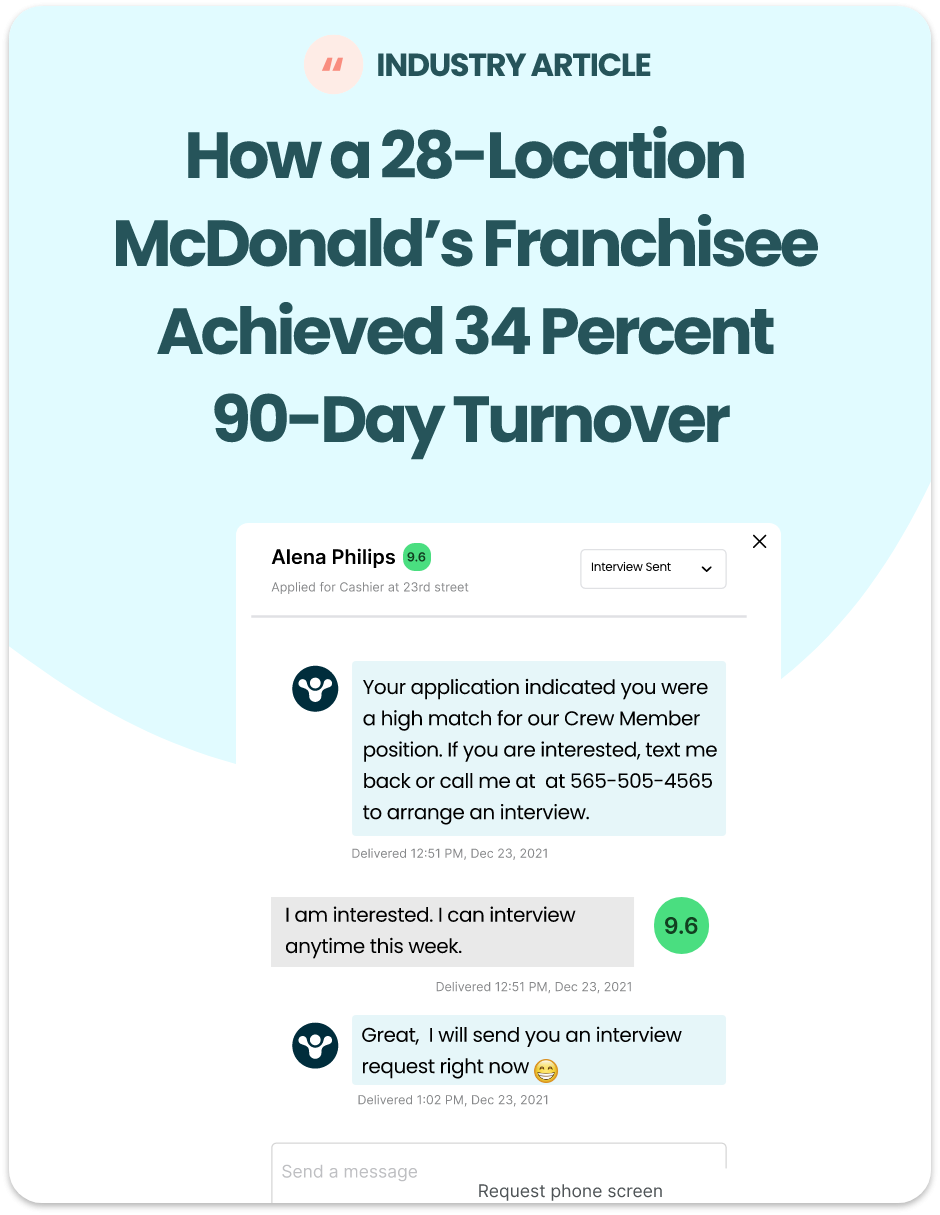In the fast-growing healthcare field and low unemployment rate market, it can be difficult to hire in the healthcare field. From finding qualified candidates with the right technical and soft skills to casting a wide net, we recommend these best practices to improve your hiring process.
Healthcare Hiring Challenges & Solutions
Shrm.org reports that finding qualified employees is difficult in both the healthcare and manufacturing industries. In the healthcare industry, 68 percent of recruiters reported hiring difficulties in 2018, which was up from 50 percent in 2013. The problems of hiring in health care include the following challenges:
- Fewer qualified applicants
- Lack of technical skills
- Hiring competition
- Lack of work experience
- Lack of basic educational skills
Astonishingly, healthcare job applicants often lack the most basic skills such as writing English, operating a computer, making mathematical calculations and reading and understanding English. The recruitment failure rate ranges from 40 percent to 82 percent across five types of jobs from hourly to CEO level.
Hiring in the healthcare industry generates some unique challenges that other hiring processes don’t have. According to Beckershospitalreview.com, these are some of the top challenges for healthcare hiring (& our solutions):
Screening Candidates
Healthcare positions require unique skills performed by self-starters who can make important decisions on the fly. Each state, national licensing organization and company has specific criteria for hiring. Matching qualifications with jobs becomes more challenging when the criteria can vary extremely from company to company.
Solution: Using a pre-hire assessment easily and effectively sorts through applicants to show which applicants may be a good fit for the position and organization. Sprockets’ Applicant Matching System produces a Match Score for each applicant based on their mental makeup compared to top-performing employees currently with the organization.
Fragmentation
A decentralized hiring approach for hiring at most healthcare organizations is necessary to fill critical positions, but inconsistencies can result in legal risks, poor job fits and increased turnover rates. Minimum standards of training must be met, but it’s also critical to assess individuals and their commitment to medical best practices.
Solution: Create a standard hiring procedure checklist that can be used for each department. This may include which job boards to post on, how many applicants to interview, and the criteria for choosing applicants. Using a pre-hire assessment, like Sprockets’, creates a consistent way to manage and screen candidates from department to department.
Sourcing Candidates
Finding qualified healthcare candidates may be the biggest challenge that professionals in the healthcare industry face. It’s not just about finding people with the right experience and technical skills, but people who have the right mental makeup and soft skills to interact with patients.
Solution: These recruiting strategies for healthcare candidates can help you find the most qualified candidates for your job openings:
-
LinkedIn
For professional recruiting, LinkedIn is the top social site for recruiting healthcare candidates. Recruiters can search for job candidates based on job titles, college training, work history and other criteria. It’s important to keep your LinkedIn account updated so that your company shows up accurately on job boards. Letting qualified candidates find you is the best strategy for generating a pipeline of applicants.
-
Career Sites and Job Boards
Third-party hiring sites are essential to keep up with the demands for qualified healthcare workers. These sites feature resumes from millions of qualified candidates who may be looking for a change. You can narrow your search using highly specialized criteria and still find multiple candidates.
-
Networking Strategies
One of the best ways to find qualified healthcare candidates is networking. Recruiters can contact local job fairs, industry conferences and local meet-ups to build a network of job candidates. It’s important to track and monitor candidates of interest after these events and establish your own network of qualified candidates.
-
Referrals
You can find excellent candidates through referrals from company stakeholders, staff members and their professional networks. Referrals usually rank among the strongest candidates because knowledgeable people feel that these candidates are good enough matches for positions to recommend them.
-
Using Your ATS Tracking Software Skillfully
It’s critical to use keywords and job descriptions skillfully to find the best matches in your database of resumes. This is an ongoing process that should regularly be updated to keep up with industry changes, marketplace trends, etc.
In review, sourcing, screening, and hiring healthcare candidates can be difficult, but creative strategies and innovative solutions can alleviate pain points. Check out our Applicant Matching System as a healthcare assessment or sign up for a free account today! Plus, check out the hard skills tests that compliment Sprockets.





























